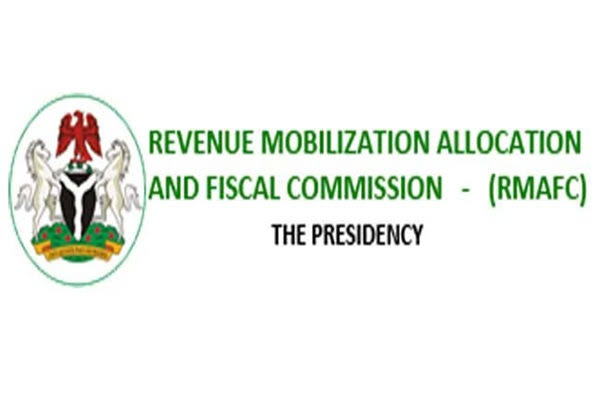The Revenue Mobilisation Allocation and Fiscal Commission has begun work on a new revenue formula.
The commission said the remuneration of political and public office holders would be reviewed in batches.
RMAFC Chairman, Muhammad Shehu announced this in Abuja on Sunday.
He said, “We are working on the new one altogether. The last time it was submitted, nothing was done. But we are going to work it out. It is our hope that maybe before the end of the year, we will be able to finalise it.”
A member of the RMAFC, who also spoke in confidence, said: “Consultations are ongoing to feel the pulse of Nigerians on what they expect of the new revenue formula.”
The current revenue formula is shared in accordance with the vertical formula, as determined by RMAFC and approved by the National Assembly.
The formula allocates 52.68 per cent, 26.72 per cent, and 20.60 per cent to the federal, state and local governments.
There are two types of revenue allocation in Nigeria: vertical allocation, which is the sharing of revenue among the three tiers of government; and horizontal allocation, which is the allocation of revenue between state governments and among local governments within states.
The formula, which has been enmeshed in controversy since 1946, is currently pinned on five principles: (One) equality of states, 40 per cent; (Two) population, 30 per cent; (Three) landmass/terrain, 10 per cent; (Four) internal revenue effort, 10 per cent; (Five) social development effort, 10 per cent.
The immediate administration of President Muhammadu Buhari agreed to receive less federation revenue with a proposal to collect 50.65 per cent, down from the present 52.68 per cent.
Former Secretary to the Government of the Federation, Boss Mustapha, said the allocations to state governments should also be reviewed downwards 25.62 per cent, while local government allocations should be increased to 23.73 per cent and Derivation Allocation retained at 13 per cent.
Mustapha had argued that a lot of the resources allocated to the Federal Government were spent on providing services that were the responsibilities of state governments.
Commenting on how the proposed new remuneration of judges was achieved, Shehu said: “The remuneration of the judges is still the function of the Revenue Mobilisation, according to Section 84 of the Constitution. But before it can become a law, it has to become an Act.
“Before, in the 2008 Act, everything was together: the judiciary, the legislature, and others. But what we did was that we separated. We have done the Judiciary and we have agreed. They made recommendations that we have looked at. We came up with our own, which is the one the President agreed with.”

